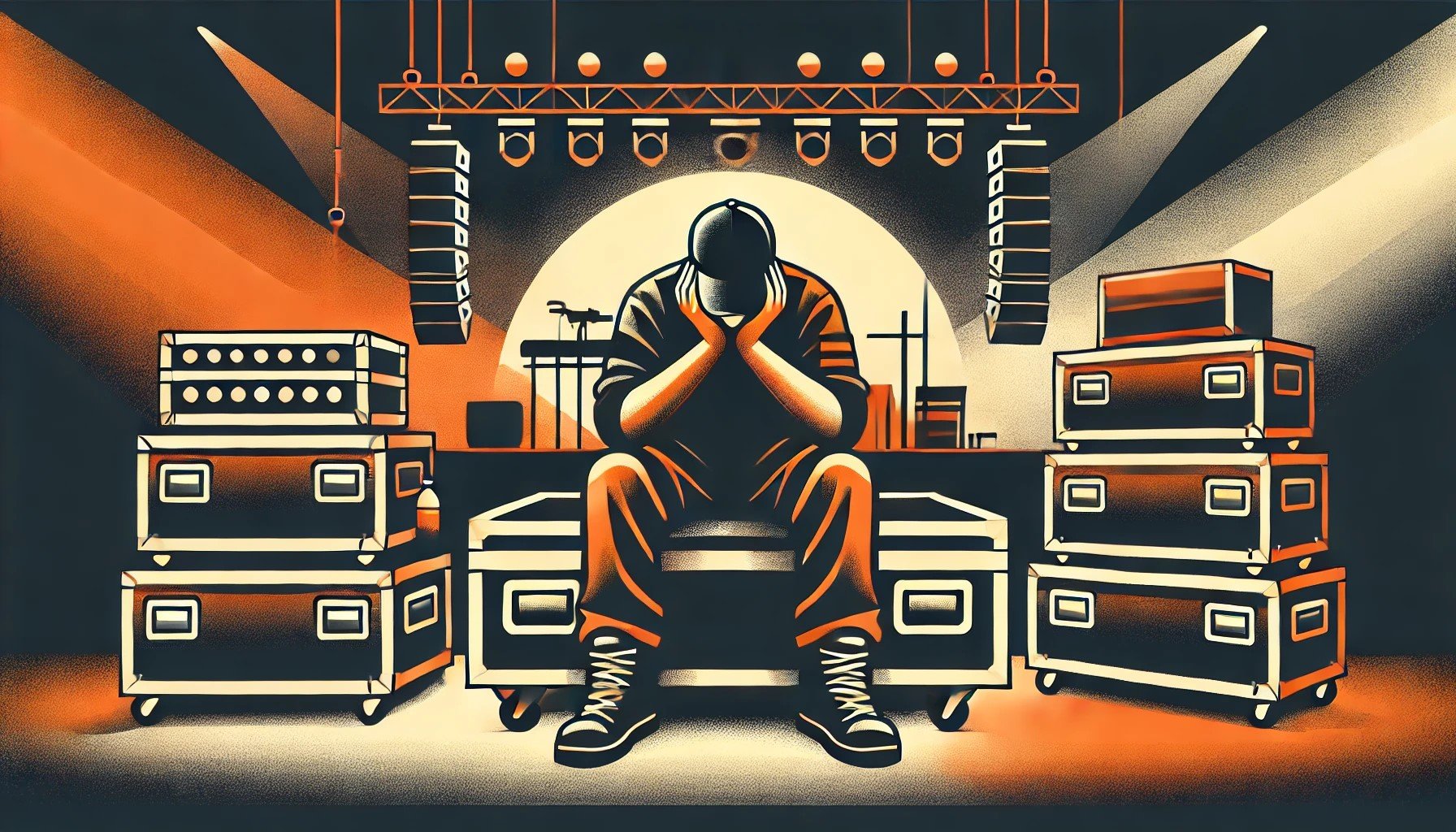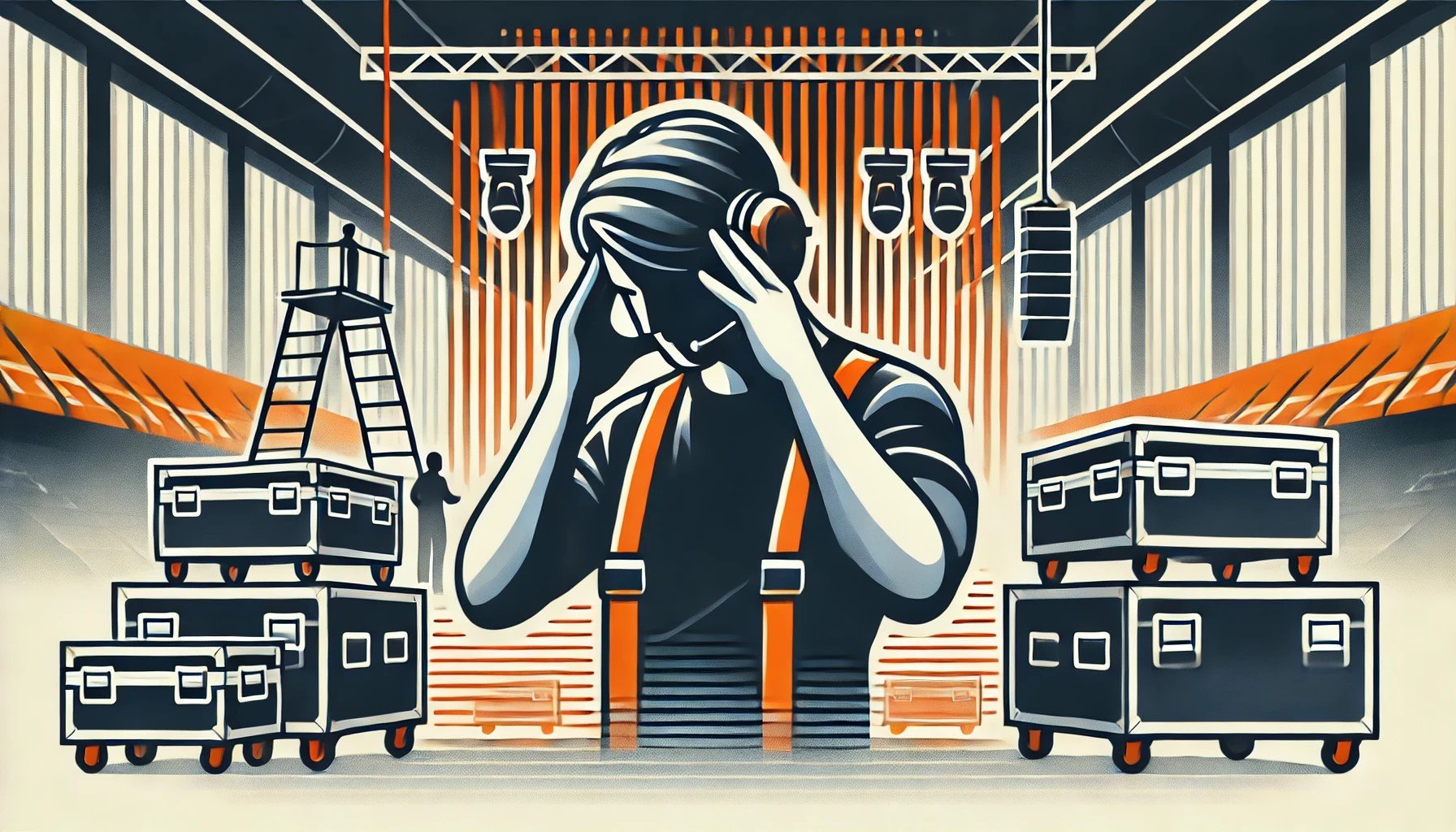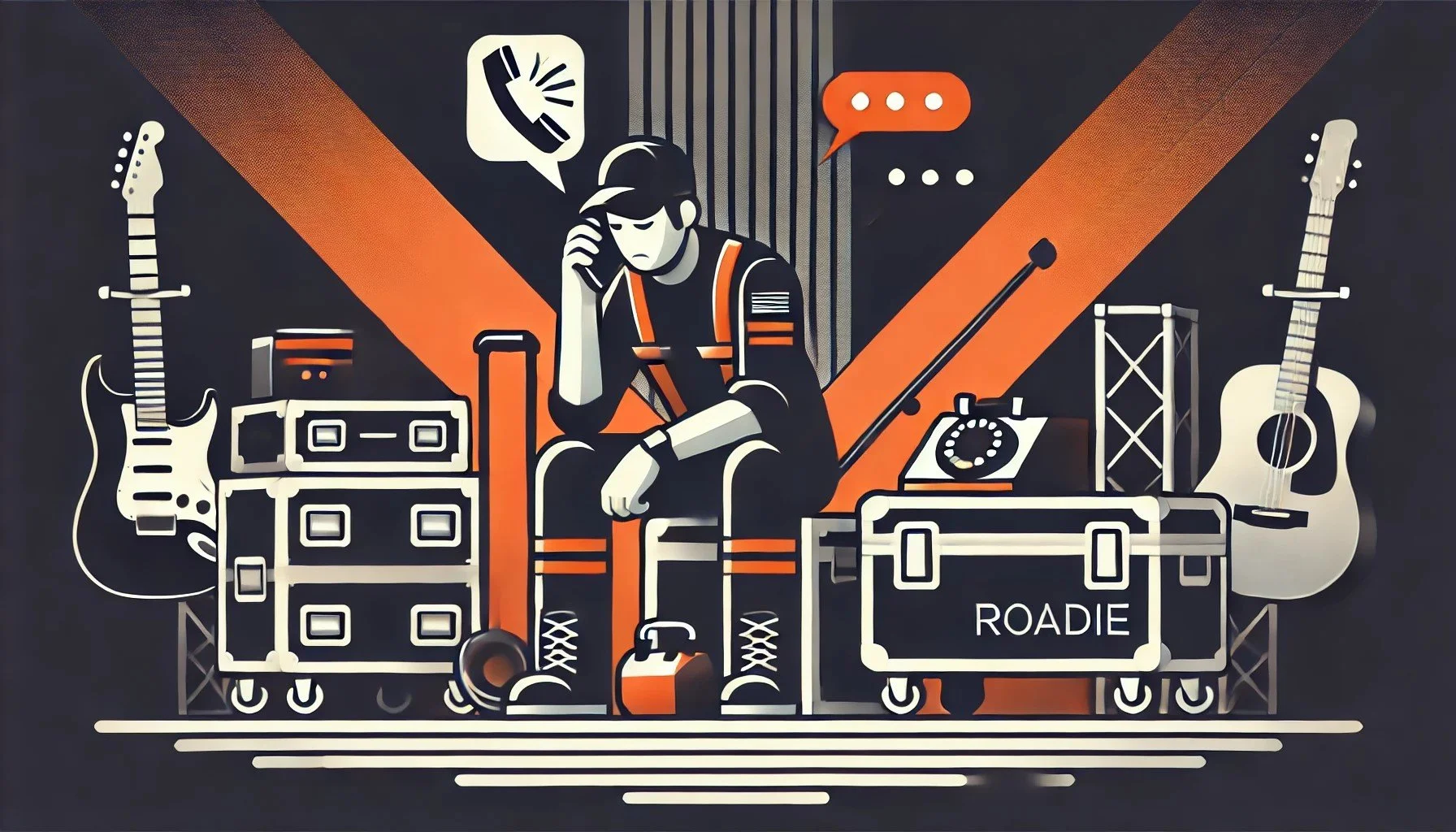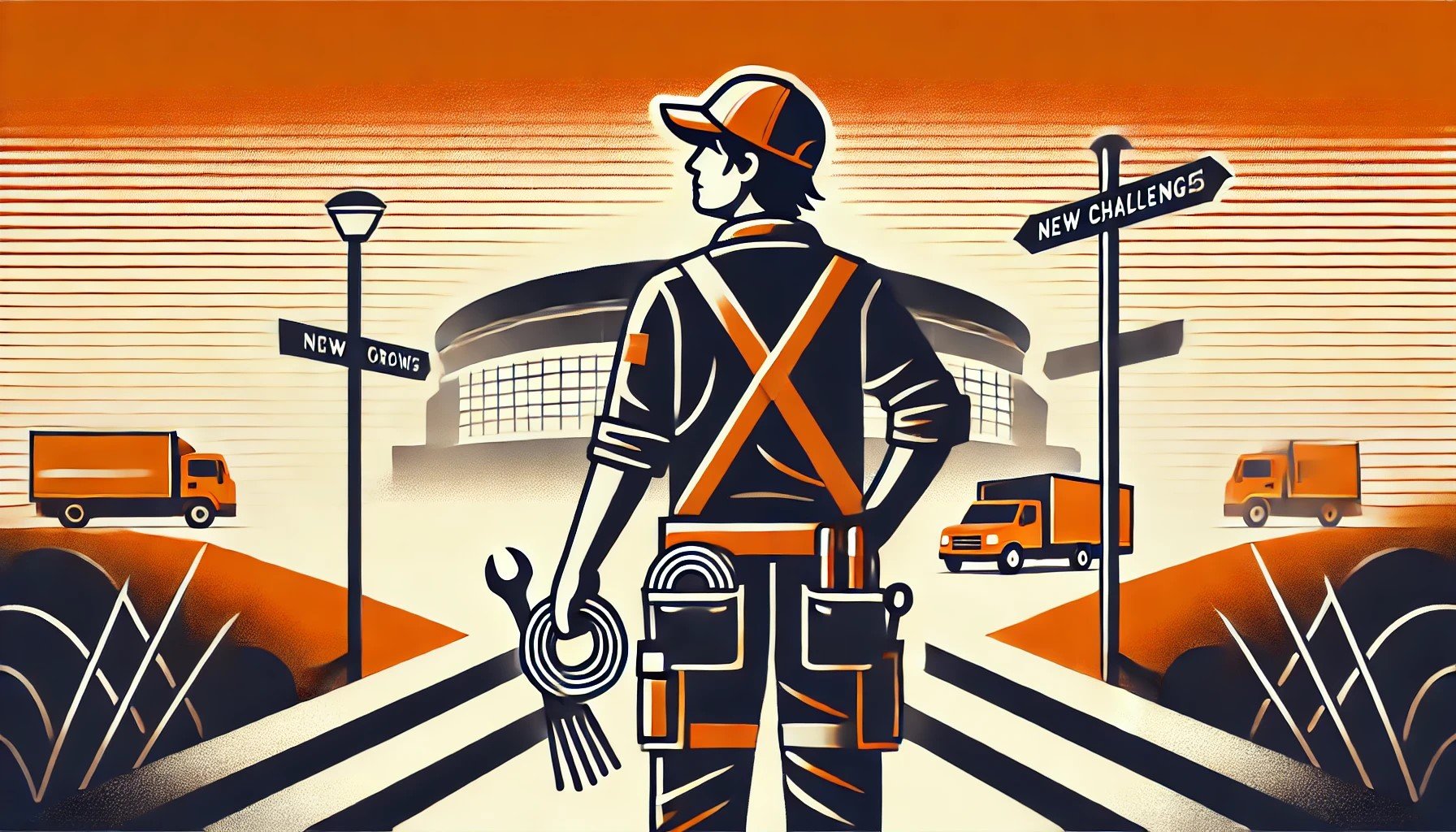Why People May Leave the Roadie Industry: Life on the Road and Its Challenges
Being a roadie often seems like an exciting and adventurous career, especially for those who love live music and the thrill of big events. But behind the glamorous facade of touring with bands and setting up massive live shows lies a tough, demanding lifestyle. While many roadies, from set carpenters to production crew, stick with the industry for years, some may choose to leave. Here, we explore some of the potential reasons that could drive people away from this high-energy, yet often grueling, line of work.
1. Exhausting Schedules and Constant Travel
One of the possible reasons some roadies leave the industry is the relentless pace of life on the road. Touring can mean long hours, irregular schedules, and constantly moving from one city to the next. Roadies often spend months away from home, working late nights and early mornings to load in and load out equipment for shows. While this lifestyle might be exciting for some, it could become draining over time, leaving little room for rest or recovery.
For those who find the pace unsustainable, the lack of stability in their day-to-day life could push them to seek work with a more predictable routine and better work-life balance.
2. Physical Demands and Burnout
The physical intensity of roadie work can be a significant challenge. Whether it’s hauling heavy gear, building stages, or assembling complex set pieces, the manual labor involved is relentless. Set carpenters, for example, are constantly on the move, constructing and deconstructing large stages in a matter of hours. Over time, the repetitive physical strain may lead to injuries, chronic pain, or general exhaustion.
For some roadies, the physical demands might become too much to handle in the long term, and they may leave the industry in search of less physically taxing work.
3. Mental and Emotional Strain
The roadie lifestyle isn’t just physically demanding—it can also be mentally and emotionally taxing. The stress of a live production, where things can go wrong at any moment, might take a toll. Roadies need to be quick on their feet, ready to troubleshoot issues, handle last-minute changes, and work in high-pressure environments where the success of a show can depend on their ability to adapt.
Some roadies may experience burnout from the emotional strain over time. While the adrenaline of live events can be a big draw, the pressure could wear down even the most passionate workers, leading some to step away from the industry to protect their mental well-being.
4. Lack of Stability and Financial Insecurity
Touring is often a freelance-based industry, where roadies move from gig to gig, sometimes with gaps in between work. While it’s possible to earn a good living, the lack of consistent income might make it hard to plan for the future. Without the guarantee of steady work, some roadies could feel the stress of financial insecurity.
This unpredictability may push some roadies to leave the industry in favor of more stable jobs that offer a reliable income and benefits, especially as they look toward long-term financial goals.
5. Strained Personal Relationships
Constantly being on the road can put a strain on personal relationships. For many roadies, being away from family and loved ones for extended periods can make it difficult to maintain close connections. Missing out on important life events and the everyday moments that build relationships could become emotionally challenging.
For those who prioritize family and personal connections, the roadie lifestyle might eventually feel like too much of a sacrifice. Some may decide to leave the industry in favor of careers that allow them to spend more time at home.
6. Desire for Career Growth and New Challenges
While touring can be thrilling, the roles roadies fill might feel stagnant over time. Many start their careers with enthusiasm but find that there’s limited room for advancement. Unless you’re moving into management or more specialized production roles, the path forward often looks the same year after year: long hours, travel, and physical labor.
For those seeking new challenges or opportunities for growth, this lack of upward mobility may cause them to reconsider their place in the industry. They might look to transition into related fields, such as event production, sound engineering, or other creative sectors where they can still use their skills in new ways.
The roadie industry offers an exciting lifestyle full of adventure, creativity, and hands-on work with live music and productions. However, the physical strain, emotional stress, constant travel, and lack of stability can be factors that lead some to step away from the field over time. For those roadies who leave, it’s often a personal decision driven by their individual circumstances, goals, and desire for balance in their lives.







































